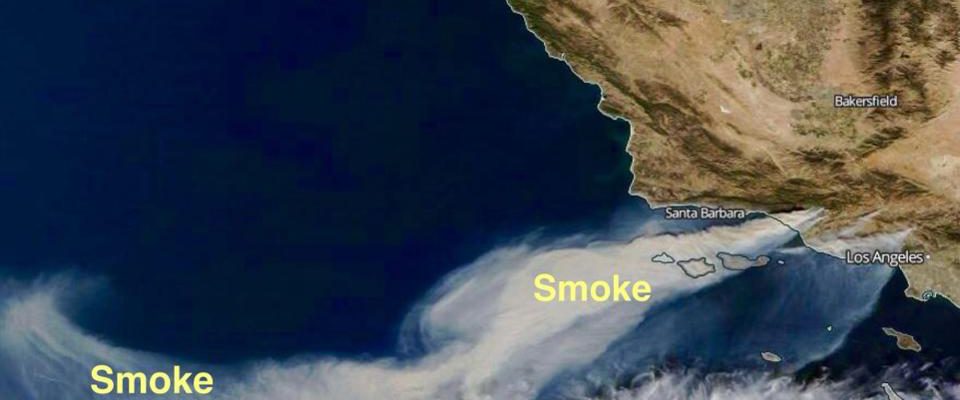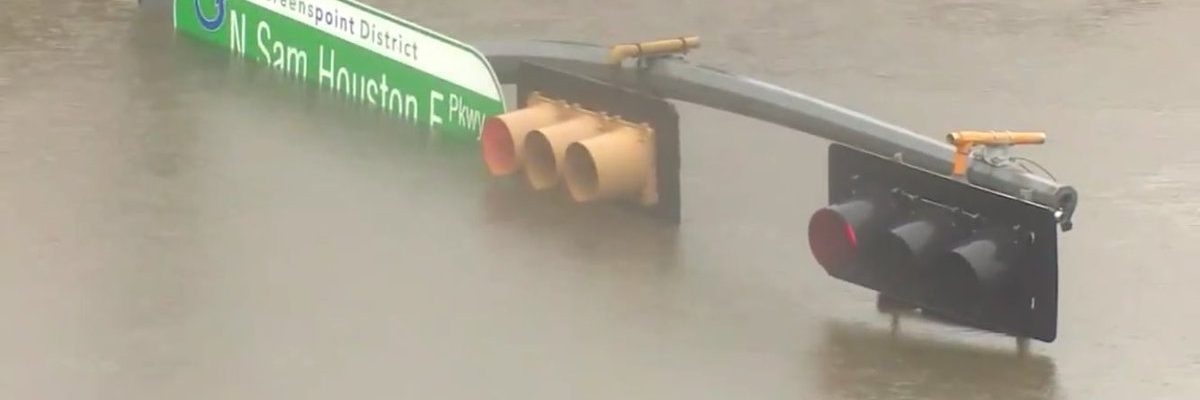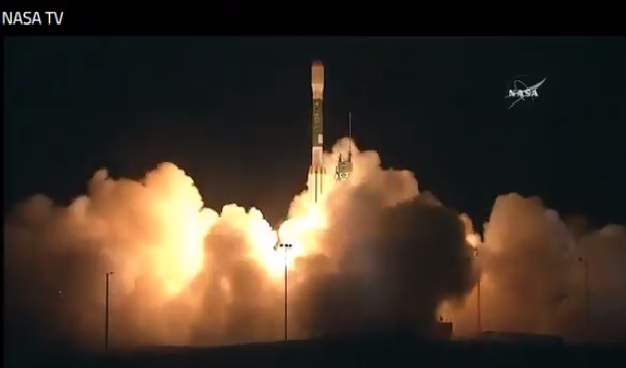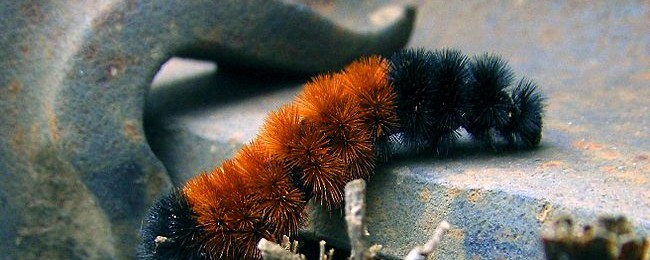Climate science
-

If you’ve been watching the news, you have been seeing some spectacular and scary scenes of fires burning across mountainsides of southern California under the influence of strong winds called Santa Ana winds, which blow down the mountains due to strong high pressure over the western US. If you are interested in learning more about…
-

Climatologists look at patterns of climate in the past to understand how climate is affected by things such as the presence or absence of mountains, the effects of moving continents, changes in ocean circulation, and changes in solar energy. Science News has an interesting article this week on the Pliocene period about 3 million years…
-

Now that we are heading into the winter season with a vengeance, you might be wondering what is the coldest day of the year where you live. While it varies from one year to the next, of course, you can find the average coldest day using this handy map from the National Centers for Environmental…
-

The federal government is in the process of updating their estimates of the 100-year storm across most of the United States. This is a good thing, because the last time a complete estimate of the 100-year storm (or more accurately, the amount of rainfall that has a 1 in 100 chance of occurring in any…
-

Unfortunately for those in the Southeast who like snow, a La Niña winter is not a great harbinger of a snowy season, since we tend to be warmer and drier than usual. But even though the Southeast may not be blessed by the white stuff (and the chances are not zero in most of the…
-

NOAA and NASA have been trying for several days to launch their new joint satellite, the JPSS, but have been stymied by bad launch weather. Early this morning the bird finally flew and is headed to a polar orbit that will cover the globe twice each 24 hours. You can read more about how scientists…
-

Do you believe that woolly bear caterpillars predict winter conditions? The State Climate Office of North Carolina published a look at the coming winter season from the standpoint of weather folklore in their latest blog post today. You can read it at https://climate.ncsu.edu/climateblog?id=246&h=5666e5c1.